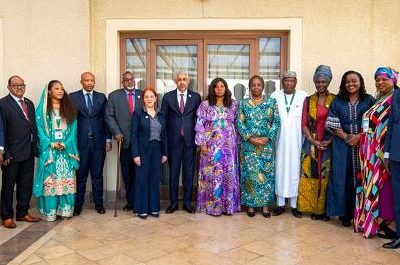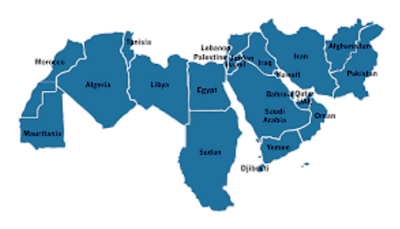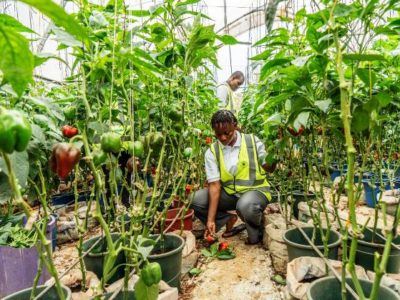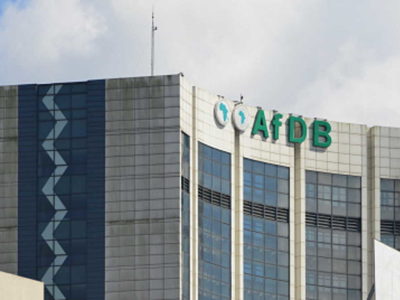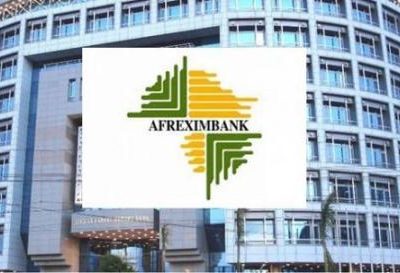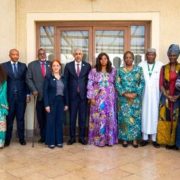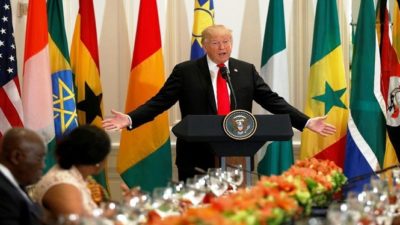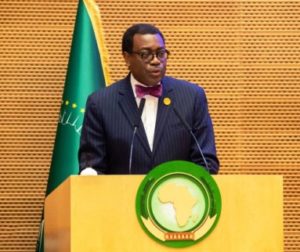
In a powerful farewell address at the 38th African Union (AU) Summit, Dr. Akinwumi A. Adesina, President of the African Development Bank (AfDB), highlighted a decade of groundbreaking achievements that have reshaped Africa’s economic trajectory. Addressing Heads of State and Government, Adesina reflected on the Bank’s transformative impact, securing the endorsement of four major AfDB-led initiatives aimed at accelerating Africa’s growth.
Landmark initiatives
- A bold agenda to connect 300 million Africans to electricity by 2030.
- A framework for measuring Africa’s green wealth as part of its GDP.
- The establishment of an innovative financing facility to provide Africa with a financial buffer.
- A strategic roadmap for achieving inclusive growth and sustainable development.
A Legacy of Economic Transformation: The AfDB High 5s
Since assuming leadership of Africa’s premier development bank, Adesina has championed the AfDB’s High 5s agenda—Light Up and Power Africa, Feed Africa, Industrialize Africa, Integrate Africa, and Improve the Quality of Life for Africans—which has positively impacted over 515 million lives across the continent.
“It has been an unprecedented partnership to advance the goal of the African Union’s Agenda 2063: The Africa We Want,” Adesina said, emphasizing the Bank’s pivotal role in reshaping the continent’s economic landscape.
Transformational Impact: Numbers Speak
Reflecting on AfDB’s achievements over the past decade, Adesina detailed the Bank’s far-reaching impact:
- 127 million people gained access to improved healthcare services
- 61 million people gained access to clean water
- 33 million people benefited from improved sanitation
- 46 million people gained access to ICT services
- 25 million people gained access to electricity
Powering Africa’s Future: Energy, Food Security, and Infrastructure
Adesina spotlighted the landmark Africa Energy Summit held in Tanzania in January 2025, where 48 African nations signed the Dar Es Salaam Declaration to drive energy access. The initiative, backed by $48 billion in commitments from the AfDB and World Bank, and an additional $7 billion from development partners, aims to electrify 300 million Africans by 2030.
Food security has also been a major focus under Adesina’s leadership. The AfDB-led Technologies for African Agricultural Transformation (TAAT) program, the Dakar 2 Food Summit, and the $1.5 billion Africa Emergency Food Production Facility have collectively mobilized $72 billion to boost agricultural productivity.
“The African Development Bank has accelerated food production across Africa, with 101 million people achieving food security. Ethiopia, for instance, has become self-sufficient in wheat production within just four years,” Adesina noted.
Financial Revolution: The AfDB’s Historic Milestones
Under Adesina’s tenure, the AfDB has emerged as the largest multilateral financier of African infrastructure, investing over $55 billion in the sector. Additionally, his presidency oversaw the biggest capital increase in AfDB history—rising from $93 billion in 2015 to $318 billion in 2025.
The African Investment Forum, a joint initiative with eight partner institutions, has secured over $200 billion in investment commitments, cementing Africa’s position as a global investment hub.
Empowering Women and Youth: AFAWA and Digital Skills for Jobs
Women and youth have been at the core of AfDB’s economic empowerment agenda. Through the Affirmative Finance Action for Women in Africa (AFAWA) initiative, $2.5 billion in financing has been provided to 24,000+ women-owned businesses. Meanwhile, the Bank’s Youth Entrepreneurship Investment Banks and digital skills training programs have equipped 1.7 million young Africans for the future workforce.
“Our goal is simple: create youth-driven wealth across Africa,” Adesina affirmed.
Endorsement of AfDB-Led Initiatives at AU Summit
The 38th AU Summit in Addis Ababa endorsed several key AfDB-led initiatives, including:
- The Dar Es Salaam Energy Declaration – A roadmap to electrify 300 million Africans
- The Baku Declaration on Measuring Africa’s Green Wealth – A framework to integrate natural resources into Africa’s GDP
- The African Financing Stability Mechanism (AFSM) – A groundbreaking initiative that could save Africa $20 billion in debt servicing by 2035
- The Strategic Framework for Inclusive Growth – A policy blueprint for sustaining a 7% annual GDP growth rate over the next five decades
A Momentous Farewell: Gratitude and Call for Unity
As he prepares to step down on September 1, 2025, Adesina expressed deep gratitude to African Heads of State, the African Union, and the people of Africa for their unwavering support.
“This is my final AU Summit as AfDB President. I thank you, Excellencies, for your extraordinary support over the past ten years. I am grateful for your friendship, partnership, and our collective efforts to advance Africa’s interests globally,” he said.
Global Leaders Weigh In: Guterres, Mottley, and Ahmed
- UN Secretary-General António Guterres called for reform of the international financial system, citing high debt servicing costs as a major hurdle for African economies.
- Barbadian Prime Minister Mia Mottley emphasized Africa’s strategic role in the global economy, particularly its control of 40% of the world’s minerals. She urged Africa and the Caribbean to eliminate artificial barriers, including transit visa requirements, to boost trade and integration.
- Ethiopian Prime Minister Abiy Ahmed, in his opening remarks, called for African unity and resilience, stating: “This moment calls upon us to strengthen our collective resolve and embrace resilience.”
Looking Ahead: AU 2025 Summit Theme Announced
The 2025 AU Summit, themed “Justice for Africans and People of African Descent Through Reparations”, is expected to drive global conversations on historical redress, economic equity, and structural reforms in global governance.
Conclusion: A Legacy of Transformation
As Adesina bids farewell, his legacy remains cemented in the transformation of Africa’s economic landscape. Under his leadership, the AfDB has not only mobilized historic funding but also revolutionized key sectors—energy, food security, digital skills, gender empowerment, and infrastructure development—setting Africa on a sustainable path to prosperity.
With a new chapter ahead, the question remains: Who will step in to continue this transformative journey for Africa’s development?


